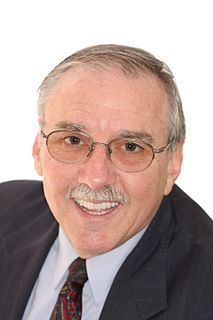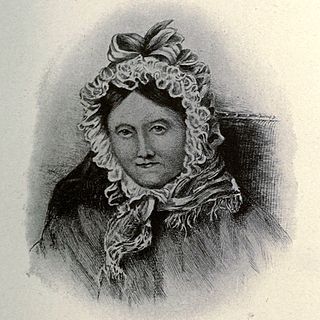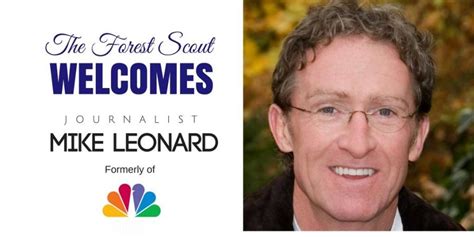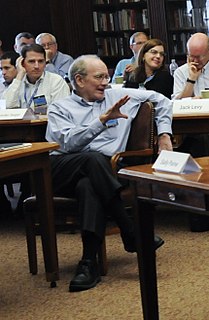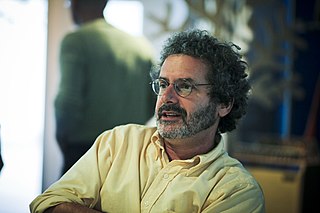A Quote by Mao Zedong
. . . dogma is less useful than cow dung. One can make whatever one likes out of it, even revisionism. . . .
Related Quotes
The lancet fluke (Dicrocoelium) infects the brain of ants by taking control and driving them to climb to the top of a blade of grass where they can be eaten by a cow. The ingested fluke then lays eggs in the cow gut. Eventually, the eggs exit the cow, and hungry snails eat the dung (and fluke eggs). The fluke enters the snail's digestive gland and gets excreted in sticky slime full of a seething mass of flukes to be drunk by ants as a source of moisture.
If you want a cow to be not just a cow but a milk machine, you can do a very good job at that by creating new hormones like the Bovine Growth Hormone. It might make the cow very ill, it might turn it into a drug addict, and it might even create consumer scares about the health and safety aspects of the milk. But we've gotten so used to manipulating objects and organisms and ecosystems for a single objective that we ignore the costs involved. I call this the "monoculture of the mind."
I think, oddly, that the world of the amateur is quite self-contained, and it depends on "likes" from other amateurs to perpetuate itself. Of course an awful lot of my colleagues are involved with Instagram - they get likes and dislikes, maybe just likes, I don't know - but I think that it's far less self-contained, the world I work in. It goes off in different directions, and is dependent on responses different from a tick or a like or whatever.



